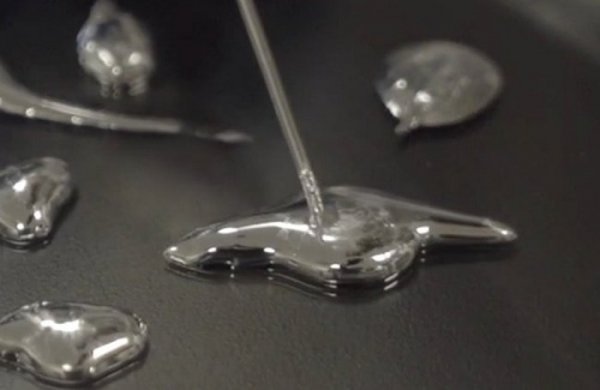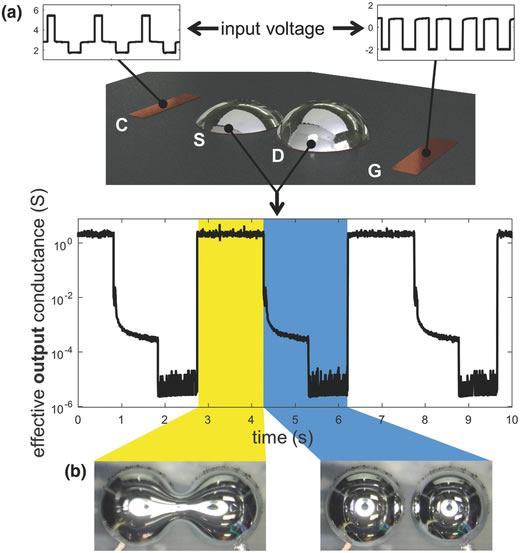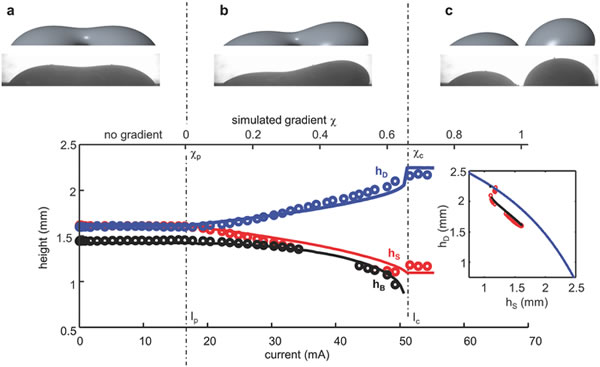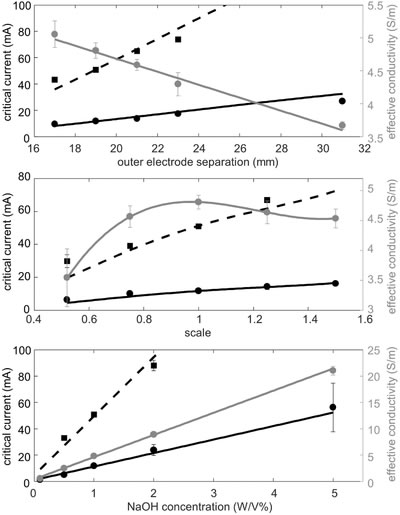According to foreign media reports, scientists at Carnegie Mellon University are developing a fluidic transistor based on an indium-gallium alloy material that is liquid at room temperature, and is expected to open up a soft and natural mechanical engineering electronics. . It can be applied to interesting fields such as biocompatible disease monitoring, deformation robots, and even "sticky" computers. Previously, the example of liquid electronics had only a small glass tube of mercury beads that could close the switch between two coils of wire. Indium-gallium alloys that are liquid at room temperature are expected to be used to create scalable circuit layouts and electrical switches. (From: Carnegie Mellon University School of Engineering) In contrast, the use of non-toxic alloy materials to create liquid transistors, the structure is much more complex. But we can implant it into rubber to create a soft, flexible circuit. The mercury switch described above requires tilting the glass tube to close the circuit. However, this type of fluidic transistor, developed by Carnegie Mellon researchers, can switch on and off by applying different voltages to metal droplets. When they flow in one direction, droplet bonding can cause the circuit to close. If they are moving in different directions, the droplets will separate and the circuit will open. Two researchers at Carmel Majidi and James Wissman of the soft lab at the school stated: Due to the instability of the capillary phenomenon, it is only necessary to alternately open and close the switch to allow it to imitate the behavior of one transistor. The difficulty lies in the induced instability, then the droplets merge into one and seamlessly change back. We can always see the instability of the capillary. If you turn on the faucet and the circulation is very low, sometimes you can see it changing from a constant current to a separate droplet. This phenomenon is called the Rayleigh instability. (Rayleigh instability). Majidi said: “We can set two similar droplets at the source and gate of a field effect transistor to take advantage of this shape-programmable effect to turn the circuit on and off. Finally, we can use this effect to create these on Reconfigured circuit." The researchers said that the new type of fluidic transistors opens up new prospects for microcomputers, such as biocompatibility that can be directly in contact with body tissues, enabling them to be used for disease surveillance and helping stroke patients recover their brain function. In addition, the liquid circuit allows the material to be reconfigured, changing its function or bypassing the damaged area. Majidi added: "Structural sizes can change a lot, such as a flying robot that imitates birds. When it opens its wings, you will want the circuits on the wings to also be deformed and reconfigured to keep them or Supports other types of electrical functions." Details of this research (Field-Controlled Electrical Switch with Liquid Metal) have been published in the recently published "Advanced Science" journal. Processing aids help the processing of PVC by promoting fusion, improving melt strength, eliminating surface defects and decreasing plate out. They also enhance formulation metal release properties in extrusion and calendering applications while offering improved cost performance versus traditional lubricant packages. Lubricating Processing Aid, Lubricative Processing Aid, Lubricant Polymer Shandong Novista Chemicals Co.,Ltd (Novista Group) , https://www.novistachem.com

Figure 1: A "liquid metal transistor" 
Figure 2: Summary of droplet coalescence and separation behavior. 
Figure 3: Gradient simulation evolution of surface tension 
Figure 4: Result of droplet separation